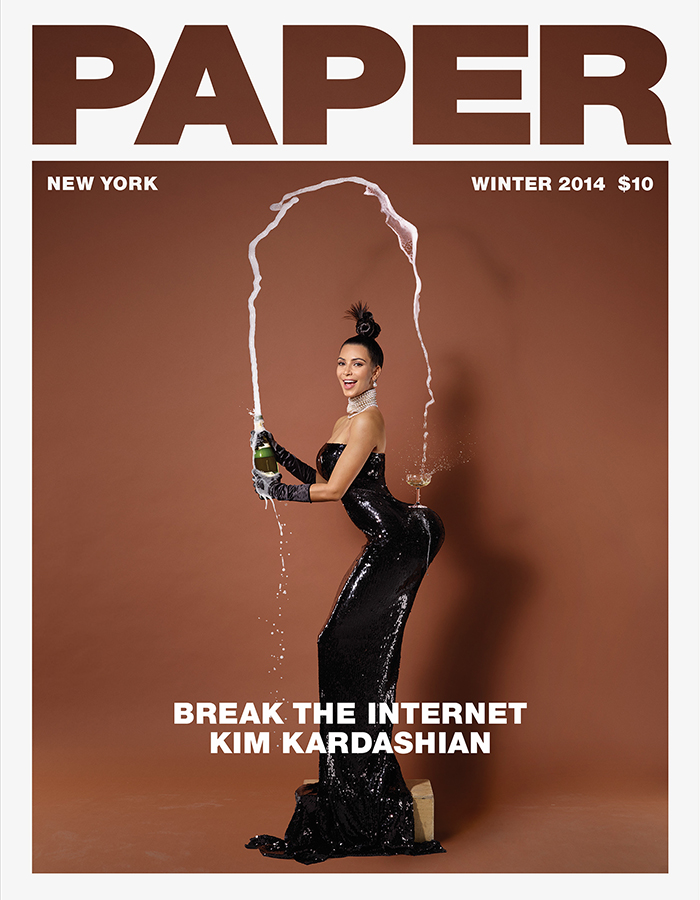At first glance, Clara Reeve’s argument for the limitations of Horace Walpole’s The Castle of Otranto is something I found myself agreeing with. As we have discussed in class, the biggest issue Reeve finds in the novel is that “the machinery is so violent, that it destroys the effect it is intended to excite” (Reeve 2). In other words, she believes that Walpole’s incredibly fantastic descriptions of certain events fail his very own intentions of producing a successful marriage of the romance and the novel. However, as I kept reading the preface, the following line puzzled me, “When your expectation is wound up to the highest pitch, these circumstances take it down with a witness, destroy the work of imagination, and, instead of attention, excite laughter” (Reeve 2). Reeve finds laughter as the wrong reaction the novel. I however, found it difficult not to laugh when a ridiculously mammoth helmet somehow squished a seemingly pivotal character in the first couple of pages of the novel. Here is where I found my alliances to begin to change. No response other than laughter seemed more natural and appropriate. I feel sorry for Reeve – she failed to comprehend the very essence of the novel. However, that may only be the case because unlike me, Reeve was not aware of camping. I would like to propose that Horace Walpole not only succeeded in combining the elements of the romance and the novel (and deeming such combination gothic), but in doing so, he gave way for camping. I think that if placed on a spectrum, The Castle of Otranto can be found somewhere between camp and the gothic. The two concepts definitely share a certain soft spot for aesthetics. On the one end, the origins of Goth in architecture point to its preoccupation with surfaces and the genuine capacity that architecture had to disturb. On the other there is camp and as Susan Sontag points out, “ It is the love of the exaggerated, the ‘off,’ of things-being-what-they-are-not” (Sontag). In combining the romantic with the novel, Walpole was not only able to evoke feelings (particularly those of terror and sublime), but he has done so in such a serious, sure-of-itself manner that gives way for comedic response. The ‘aesthetical’ manner of supernatural situations that Walpole creates is its very talent of going beyond any limits is absolutely genius. 
As for my image, I of course chose Kim Kardashian. Completely fascinated with the philosophy of camp, I just wish we could know Susan Sontag’s opinion on her image in the media. Whoever came up with this idea for a shoot is a genius. The cover story isn’t just meant to be another way for the star to ‘flaunt’ herself, in fact, she is willingly objectifying herself and not taking the whole thing seriously, but it is the very fact that millions of people will take this as a serious attempt to ‘break the internet’ which makes for the whole joke. Camp. Absolutely amazing camp.
